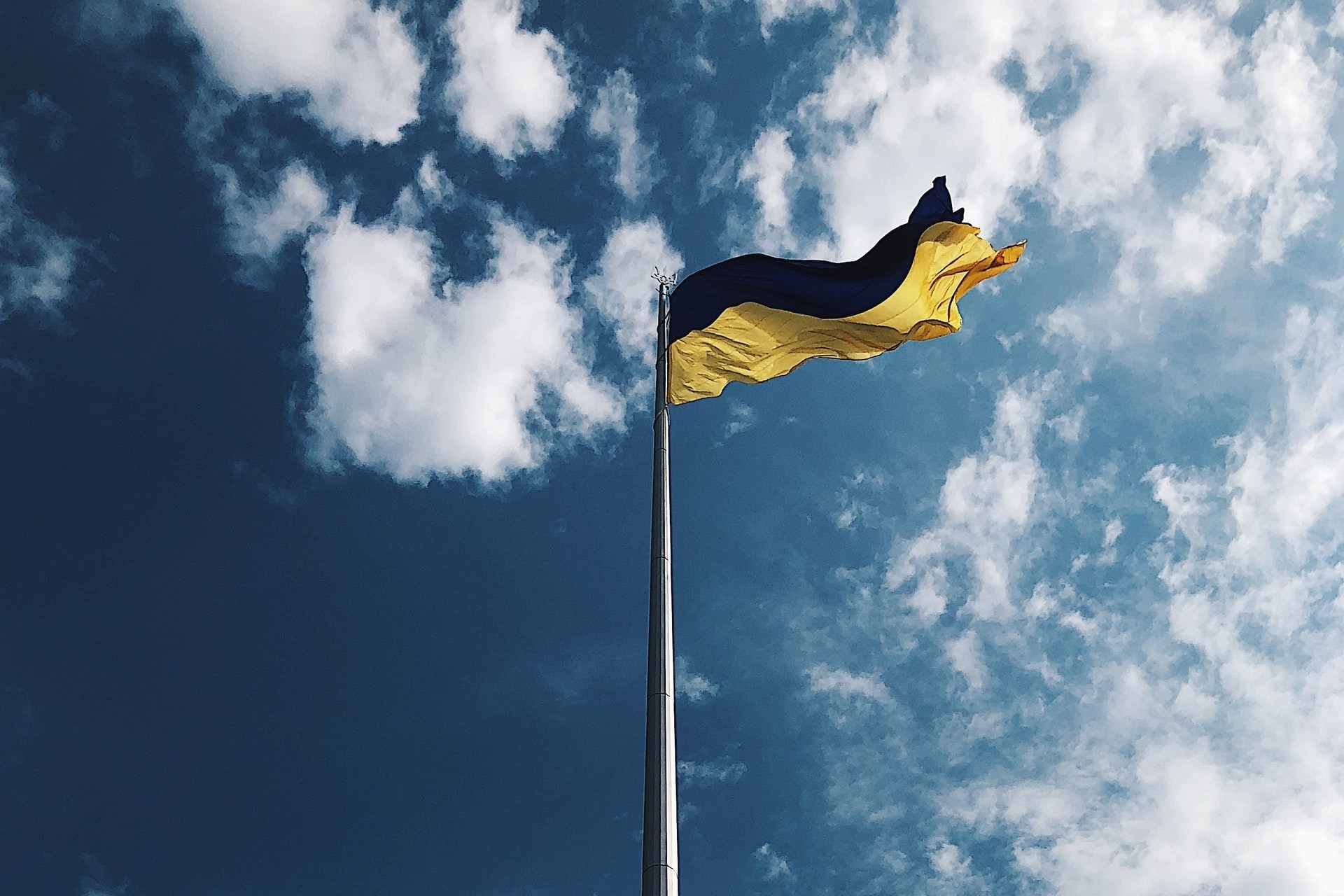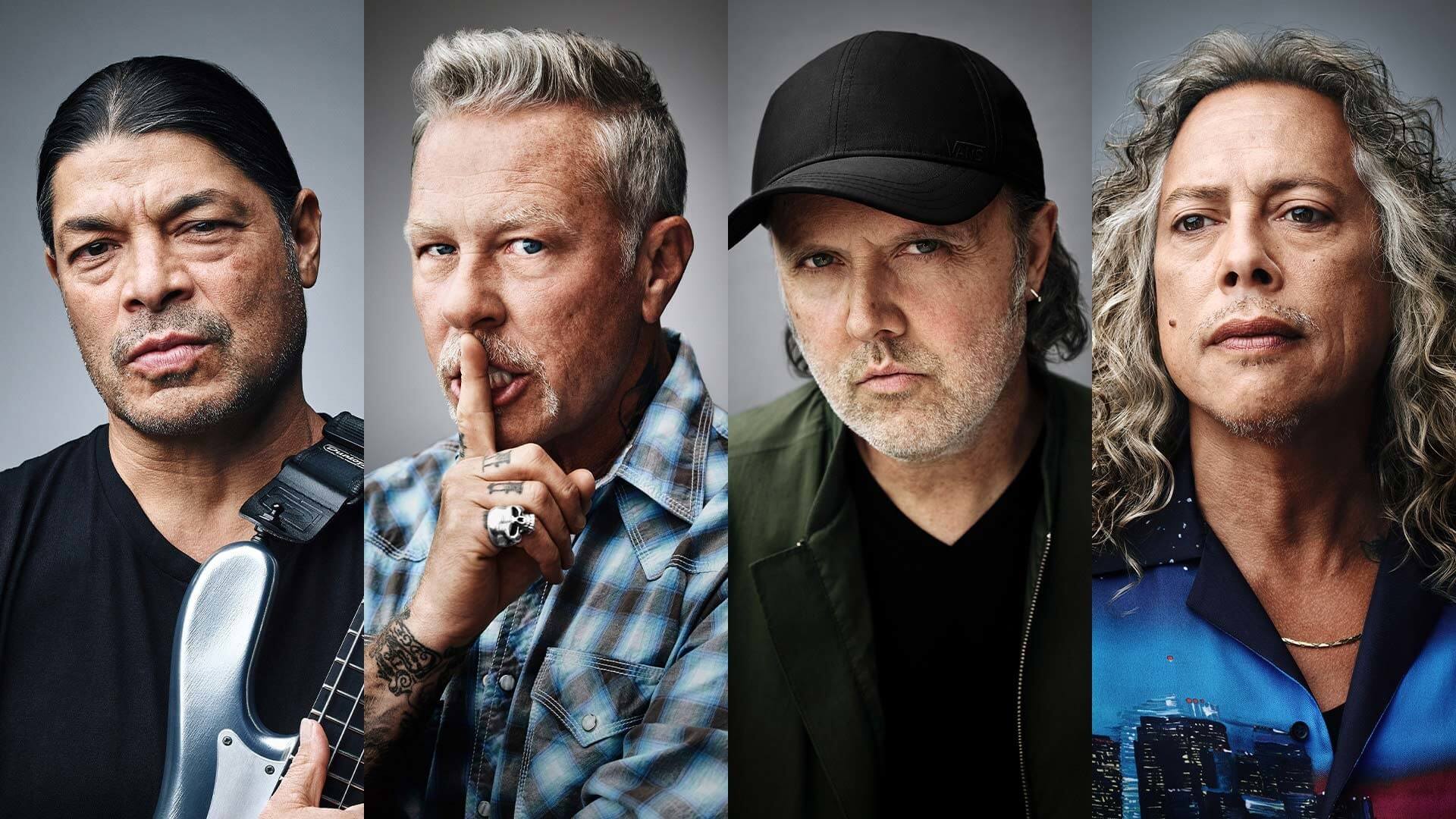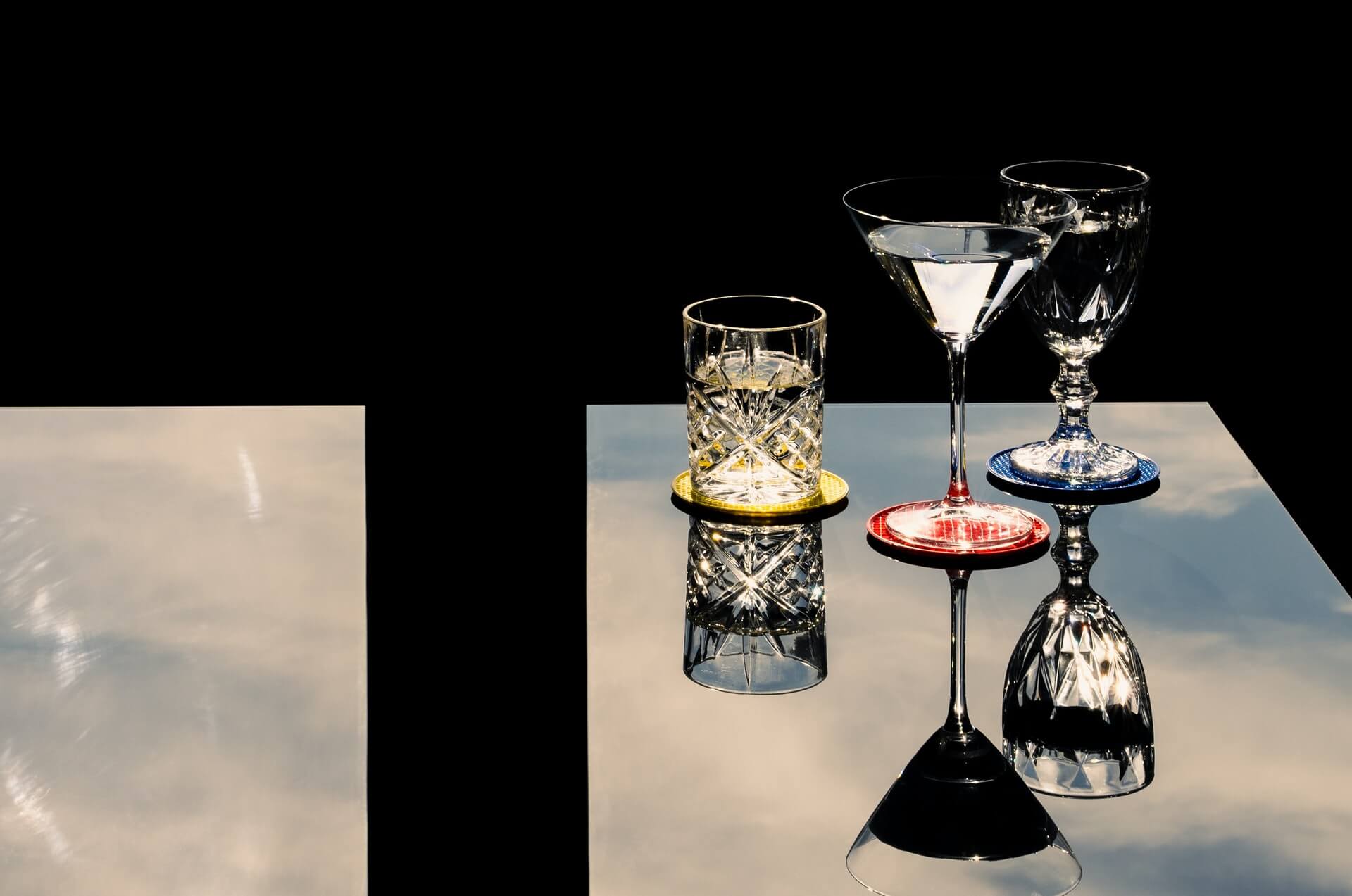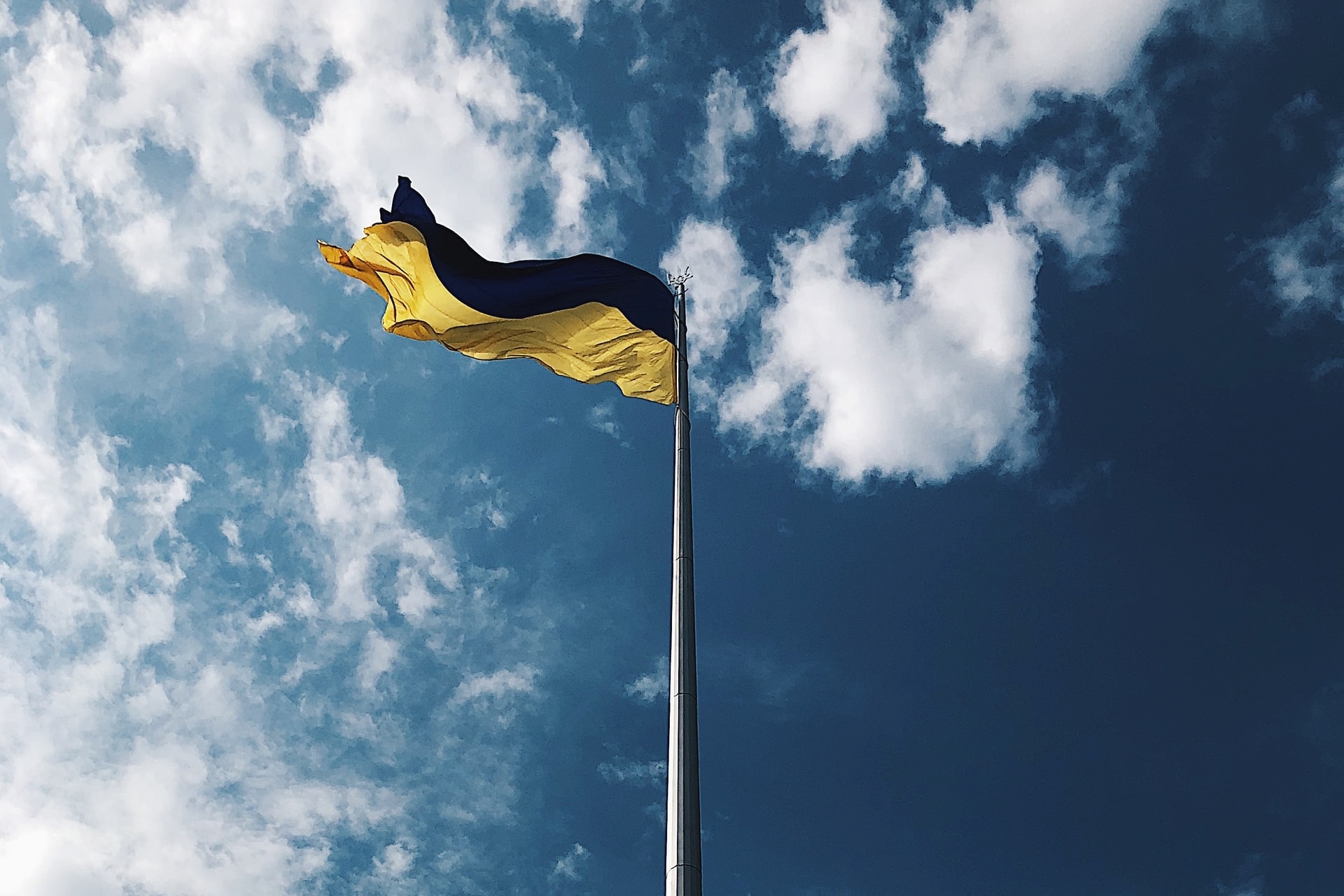World Central Kitchen Shares Chef for Ukraine Update
by David Klemt

World Central Kitchen has been on the ground helping refugees since Russia first invaded the sovereign nation of Ukraine.
I mean that quite literally. In their video update, it was revealed that a WCK team arrived in Poland within hours of the invasion.
Maggie Leahy, director of donor relations at WCK, spoke with WCK CEO Nate Mook to share the details of the 501(c)3 nonprofit organization’s #ChefsForUkraine campaign.
Mook shared that the WCK activated a fast-response team which is informally referred to as the Tip of the Spear. When the team arrived at the Poland-Ukraine border, they had gotten there so quickly that they weren’t certain what they’d find.
Assessment and Coordination
In fact, WCK wasn’t certain if their humanitarian efforts would even be needed. However, as we all know now, they certainly were in demand. The United Nations, as it turns out, wasn’t even on the ground yet.
Shockingly, Mook shared that WCK hadn’t encountered a crisis at the level of Ukraine’s invasion for many, many years.
For the past 12 years, WCK has responded to crises all over the world. From natural disasters like massive floods and earthquakes to, unfortunately, shootings and warzones, the humanitarian organization has provided nourishing meals for those displaced and in need.
So, assessing the situation in Ukraine quickly was of the utmost importance. Some refugees crossing the 24-hour pedestrian border at which the first WCK team had arrived hadn’t eaten a meal in two days.
Responding as fast and efficiently as possible, the organization connected with catering companies and local restaurants in Poland to feed those fleeing Ukraine.
However, that was simply a quick fix.
Systems in Place
Mook shared the following anecdote to explain WCK’s commitment to fast responses in its humanitarian efforts.
Chef José Andrés, who co-founded World Central Kitchen his wife Patricia, says that they’re the world’s largest non-governmental organization, or NGO. Going further, Chef Andrés says this is because they have chefs and restaurants around the world WCK can activate to respond to crises…even if those chefs and restaurants don’t know it now.
Getting the refugees crossing into Poland fed quickly was just one step to providing assistance. What WCK really specializes in is coordination and setting up systems, per Mook.
Speed is just one element of WCK’s humanitarian efforts. Reliability, consistency, accountability, and efficiency are the other keys.
Without systems in place, WCK simply wouldn’t be able to do what they do, which is provide nourishment, stability, and a sense of dignity to those in crisis.
Millions of Meals
Soon after arriving and setting up in Poland, WCK teams arrived in Czechoslovakia, Hungary, Moldova, and Romania.
When refugees started heading west, WCK teams set up in Germany and Spain. And while it wasn’t clear initially if teams would be needed in Ukraine directly, WCK has indeed set up inside the war-torn country.
There are WCK teams serving and supporting people in communities hosting refugees, liberated Ukraine cities, and even cities under fire.
Currently, WCK’s mission is providing hundreds of thousands of fresh meals to those in need. The organization is also providing tens of thousands of meal kits.
WCK has provided a staggering amount of meals. As of June 22, the day Leahy and Mook provided the #ChefsForUkraine update, they’ve served more than 54 million meals in response to Ukraine’s invasion.
It’s results like that incredible amount of meals that inspire our continued support of WCK through our KRG Cares program. We encourage you to support WCK as well.
Image: Daria Volkova on Unsplash



